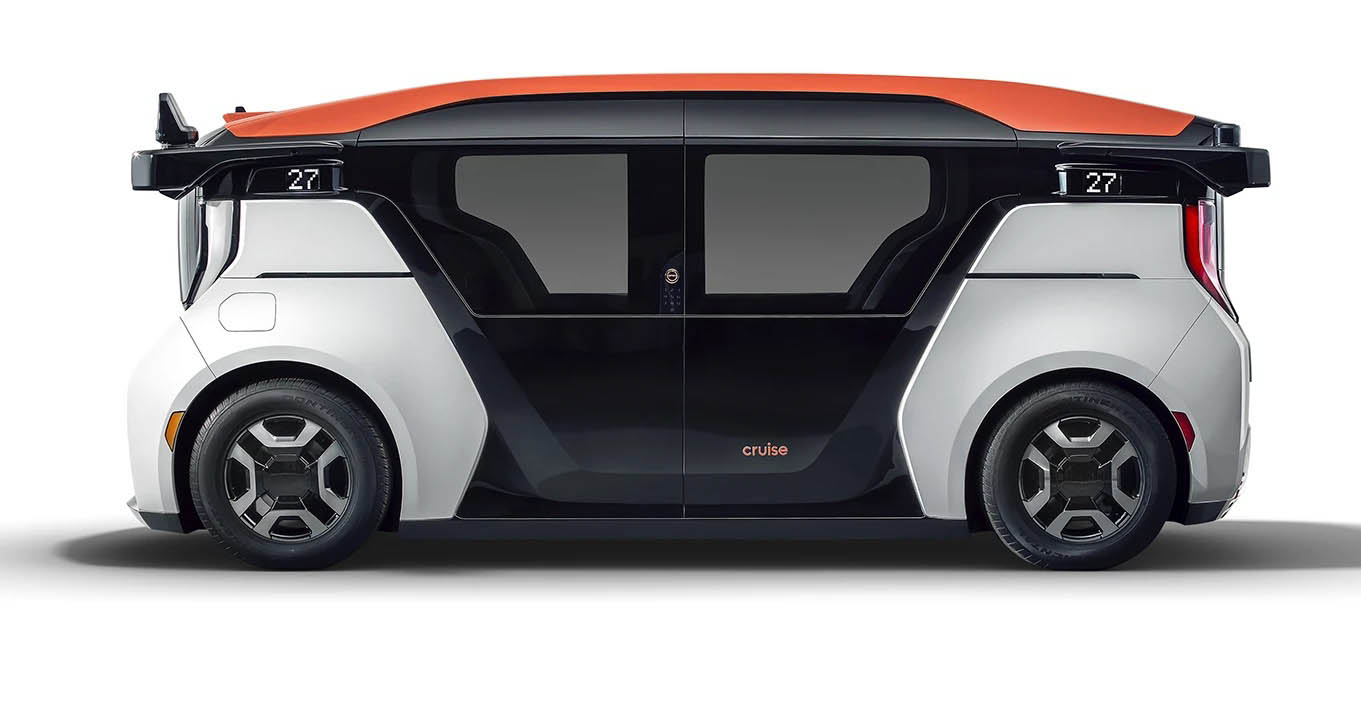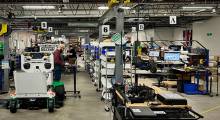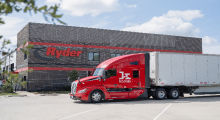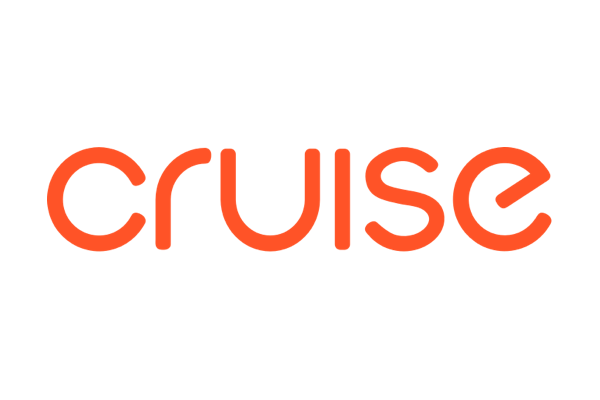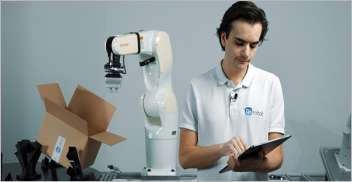General Motors Co. last week announced it is buying the SoftBank Vision Fund's stake in its Cruise self-driving car company for $2.1 billion.
San Francisco-based Cruise makes electric, driverless vehicles such as the Origin shuttlebus. Last month, the company announced that SoftBank was going to invest an additional $1.35 billion because Cruise had started operating its fully autonomous vehicles. It has also begun offering self-driving car rides to the public in San Francisco, claiming to be the first company to do so.
Now that GM has bought SoftBank Vision Fund's stake, it will give Cruise the $1.35 billion in SoftBank Vision Fund's place.
GM continues to invest in Cruise, AV market
Cruise was founded in 2013, and GM acquired the company in 2016.
GM is manufacturing the Origin at its Factory ZERO facility in Michigan, the company’s first fully dedicated electric vehicle assembly plant. The Cruise Origin has no steering wheels, mirrors, or pedals, according to Cruise.
“Our increased investment position not only simplifies Cruise’s shareholder structure, but also provides GM and Cruise maximum flexibility to pursue the most value-accretive path to commercializing and unlocking the full potential of AV technology, stated GM Chair and CEO Mary Barra.
GM said Cruise’s Origin vehicles are helping reduce the country’s reliance on oil, as well as emissions that disproportionately burden historically underserved communities. The company noted that its vehicle could also be useful for seniors and those who have vision impairments.
Cruise's first-generation autonomous vehicle was a repurposed Chevy Bolt equipped with artificial intelligence and sensors. The company said those vehicles have logged millions of city miles.
“GM’s increased investment illustrates its commitment to Cruise and our mission of creating a better world by deploying driverless cars at scale, stated Kyle Vogt, CEO of Cruise.
“Cruise will continue to operate as it does today – an independent company working alongside GM in a flexible, collaborative partnership,” he added. “Cruise and GM’s continued partnership, as well as GM’s financial strength and manufacturing scale, are significant enablers and key differentiators for Cruise as we accelerate our progress and enter this next phase of commercialization.”
GM's latest purchase lines up with its announcement in June 2021 that it would invest $35 billion to grow electric vehicle and autonomous vehicle technology from 2020 to 2025.
“GM is targeting annual global EV sales of more than 1 million by 2025, and we are increasing our investment to scale faster because we see momentum building in the U.S. for electrification, along with customer demand for our product portfolio,” Barra said at the time.
In September, GM invested $300 million in Beijing-based Momena to develop self-driving technology.
Cruise offers share price program for employees
In addition to GM’s increased investment, Cruise recently launched its Recurring Liquidity Opportunity Program, which it said delivers on its promise to provide Cruise employees the potential for long-term share price upside as well as flexibility around share liquidity.
Last April, Walmart Inc. joined an investment round that netted Cruise more than $750 million. In December, President Dan Ammann left Cruise.
The robotic taxicab market is expected to reach $1.03 billion by 2023 and $38.61 billion by 2030, estimated Allied Market Research.
Article topics
Email Sign Up

